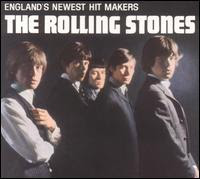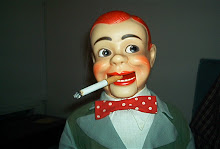
Born Marion Walter Jacobs May 1, 1930 in Marksville, LA
he headed out the door at the age of 12, to towns
like New Orleans, and Memphis. It was in Helena,
Arkansas that he learned to play from Sonny Boy Williamson,
Arkansas that he learned to play from Sonny Boy Williamson,
aka Rice Miller. Alot of the big blues artists actually had
radio shows there on KFFA, like Robert Lockwood.
Robert Nightwalk was hosting a show for BRIGHT STAR
Robert Nightwalk was hosting a show for BRIGHT STAR
FLOWER, while Sonny Boy was hosting a show for
KING BISCUIT FLOUR SHOW. It's amazing to think that
these blues artists were given the liberty of having not only
radio shows, but frequently having baking products
named after them!
What an incredible schooling for the young Little Walter this
must have been. His other big influence was Louis Jordan,
a jump blues singer/sax player. Walter would eventually
join Honeyboy Edwards in moving to Chicago. It was
there that he would go on to work with the great
Muddy Waters, along with his friend Jimmy Rogers, and
help create the classic Chicago blues sound.
What made his sound unique was his use of the
microphone amplification that gave him
that distinctive full echo sound. I think his
playing was actually copying what the piano
player was doing. I can't imagine those
early classic Muddy Waters recordings
without Walter.
Much has been made of his argumentative nature
and drinking, but what a life he led! Leaving home
at a very young age. Playing for money on sidewalks
and anywhere he could set up shop. To learn more,
read DEEP BLUES by Robert Palmer.

The complete Chess Masters box set was just
released in March-
Here's a clip from Little Walter's induction into
the Rock and Roll Hall of Fame.








